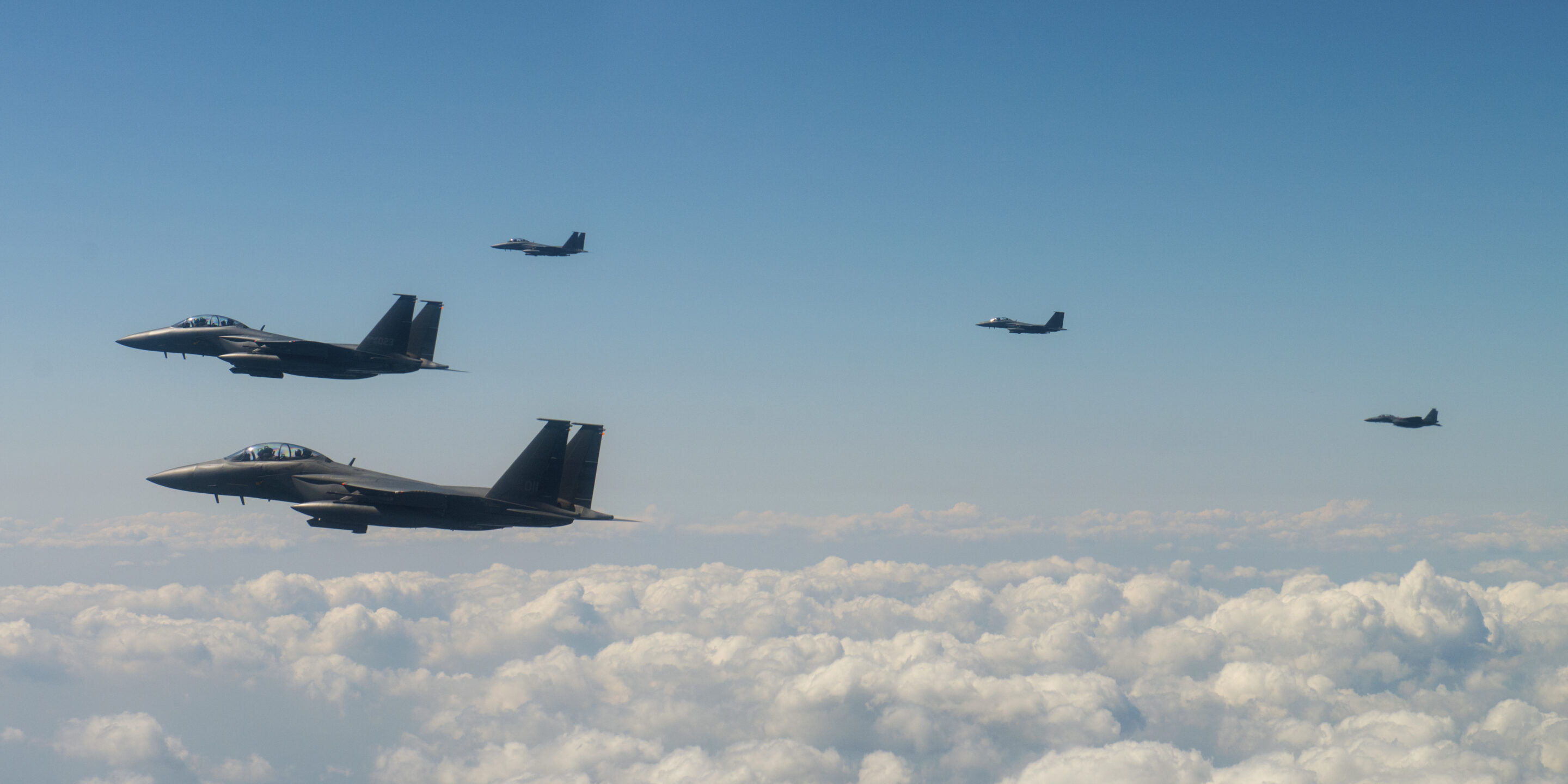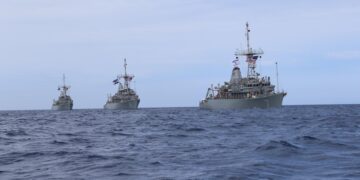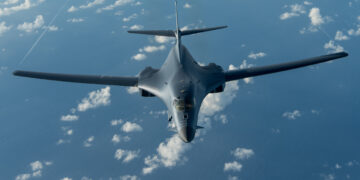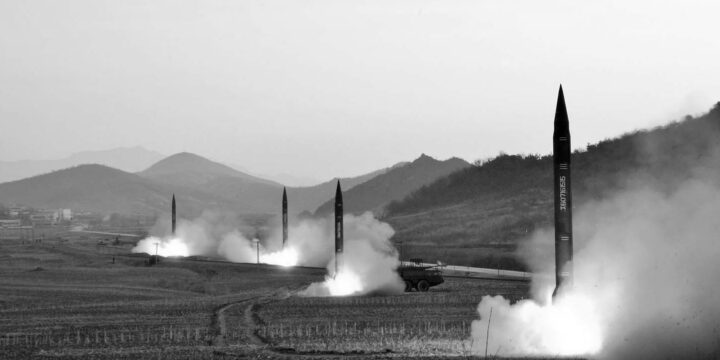There was a time in the not-so-distant past when the two Koreas, perhaps the world’s most bitter adversaries, were actually striking deals with each other and giving one another smiles. The high-point came in September 2018, when Moon Jae-in made a trip to the North Korean capital, Pyongyang, and became the first South Korean president to address the North Korean public. It was during this visit when North and South Korea signed the Comprehensive Military Agreement (CMA), a series of de-escalatory measures meant to reduce tension between their respective militaries and ensure communication was regularized.
Fast-forward to today and the scene on the Korean Peninsula is far more hostile. Moon, the agreeable, dovish former South Korean president who viewed inter-Korean reconciliation as a personal legacy item, has long since been replaced by the conservative Yoon Suk Yeol, who was never especially thrilled with the rapprochement toward Pyongyang. Ex-President Moon is now on the outside, warning anybody who will listen that “the situation on the Korean Peninsula is currently in a state of crisis,” now that the CMA is on death’s door. North Korean leader Kim Jong Un no longer views South Korea as a state worth talking to and used a speech earlier in the year to blast it as North Korea’s principal foe. Missile tests are now a dime a dozen, with Pyongyang making a concerted effort to mastering the technology needed to introduce military spy satellites into orbit (its last test on May 28, fizzled after the satellite exploded shortly after launch).
The situation got even more intense over the last two weeks when North Korea purposely sent hundreds of balloons into South Korea. We aren’t talking about the kinds of balloons we see at a child’s birthday party. Instead, these were balloons literally full of waste paper, garbage, and even animal excrement. The Kim regime claimed this childish display of pique was in direct retaliation for South Korea-based North Korean defectors scattering anti-regime leaflets into the North.
More on Asia
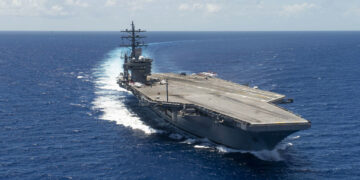
Featuring Lyle Goldstein
June 13, 2025
